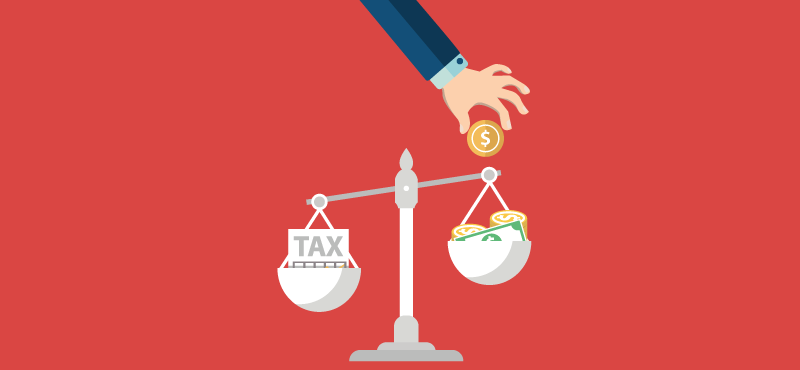The Numbers Don’t Lie-The Wealthy Are Paying More Taxes

More, more, more! So many people demand that the wealthy pay more taxes. ‘They must pay their fair share,” goes the battle cry. The question is what really constitutes a fair share? Truth be told, many of the nations wealthy pay a smaller percentage of taxes than most. However, that doesn’t mean they aren’t paying their fair share. Want proof? Then look no further than the number the IRS reported: in 2014, those who made more than $100,000 paid a combined 79.5 percent of all federal income taxes.
A closer look at the numbers from the IRS shows that more than 148 million Americans filed a tax return in 2014. Of those, 23.7 million showed an AGI of a $100,000 or more. That equals 16 percent of all tax returns. Almost all of those returns reported tax due for a combined total of $1.079 trillion in taxes, which amounts to 79.5 percent of all federal income taxes paid in 2014.
Yes, the top 1 percent, or 16 percent in this case, make a lot more money than most people, but even though they have found many ways to lower their effective tax rate, they still pay nearly 80 percent of all the federal income taxes collected by the IRS. Is that a fair share? That’s a question for each person to answer.
http://www.forbes.com/sites/kellyphillipserb/2016/05/13/americans-who-make-more-than-100000-pay-80-of-federal-income-taxes/#50015fe02f7a/
Finding the True Power of Motivation
Is Motivation Aptitude Superior to Scholastic Aptitude? This article has been updated since originally posted. What does it mean to be truly motivated and how far can being motivated really push a person? The saying goes, “where there’s a will there’s a way”, and in so many instances that mantra has proven correct, even things…
Retirement Income – Will You Have Enough?
Retirement Income – Will You Have Enough? You could spend as much time in retirement – 30 or even 40 years – as you have spent saving for it. That is why planning for your retirement savings to generate income is critical. Developing a solid plan and appropriate investments for years of income is well…
Systematic Investing: Retirement Plan Opportunities
Systematic Investing: Retirement Plan Opportunities Tax-deferred retirement plans, especially the popular 401(k) plans, have become the key to building financial independence through regular, systematic investing. Take full advantage of your opportunities. Self-employed? Start your own retirement plan. Employed by others but not covered by a retirement plan? If neither you nor your spouse has access…
Retirement Plan Penalties: Failing To Make the Required Minimum Distribution (RMD)
Retirement Plan Penalties: Failing To Make the Required Minimum Distribution (RMD) Failing to make the Required Minimum Distribution from a retirement plan can result in one of the IRS’ highest penalties. Take these steps to help your senior clients avoid the penalties. Mary Kay Foss, CPA Director Greenstein Rogoff Olsen & Co. LLP One of…




